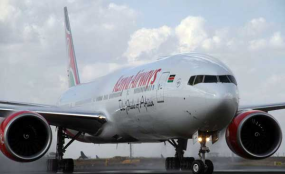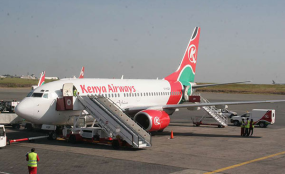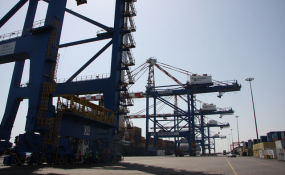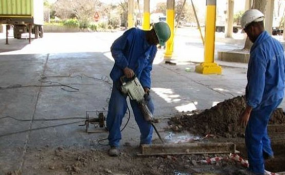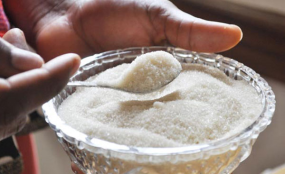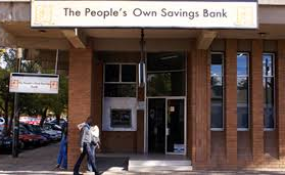By George Kamau
Kenya Airways is asking the government – its largest shareholder – for tax breaks and protection from what it terms unfair competition from other carriers as it struggles to stay afloat.
The airline’s chief executive Sebastian Mikosz, said KQ has made a presentation on policy changes they would want put in place in order to give the national carrier a lifeline.
The KQ management will meet state representatives after the presidential election rerun is done.
Top on their list is tax breaks, which are cited for the airline’s high ticket prices. The managers said taxes contributed to more than half of the ticket price.
They also noted that KQ’s major competitors such as Ethiopian Airlines and the Gulf carriers, Emirates, Etihad and Qatar, were huge beneficiaries of government incentives and protectionism and seek similar treatment.
Staffing issues
The CEO noted some countries did not have staffing issues such as those experienced by KQ as they do not allow airline staff to join labour unions and their pilots are banned from selling their services abroad.
KQ is reeling from poaching of staff, mainly pilots and engineers, by the Gulf carriers who dangle huge pay cheques free of taxes and easy access to loans.
Mr Mikosz who joined the airline five months ago said they could be forced to hire foreign pilots to temporary fill its current shortfall. Last year the airline lost 55 pilots to rivals, leaving it with 434. This is a deficit of ten pilots.
The airline plans to train its own pilots, noting that the internally-trained staff did not leave during the aforementioned exodus.
KQ has also started reviewing its network in a bid to ensure it maximise rewarding routes. The airline will from October 29 abandon the Hanoi-Hong Kong route to redeploy its aircraft to the US route it shall ply from next year.

